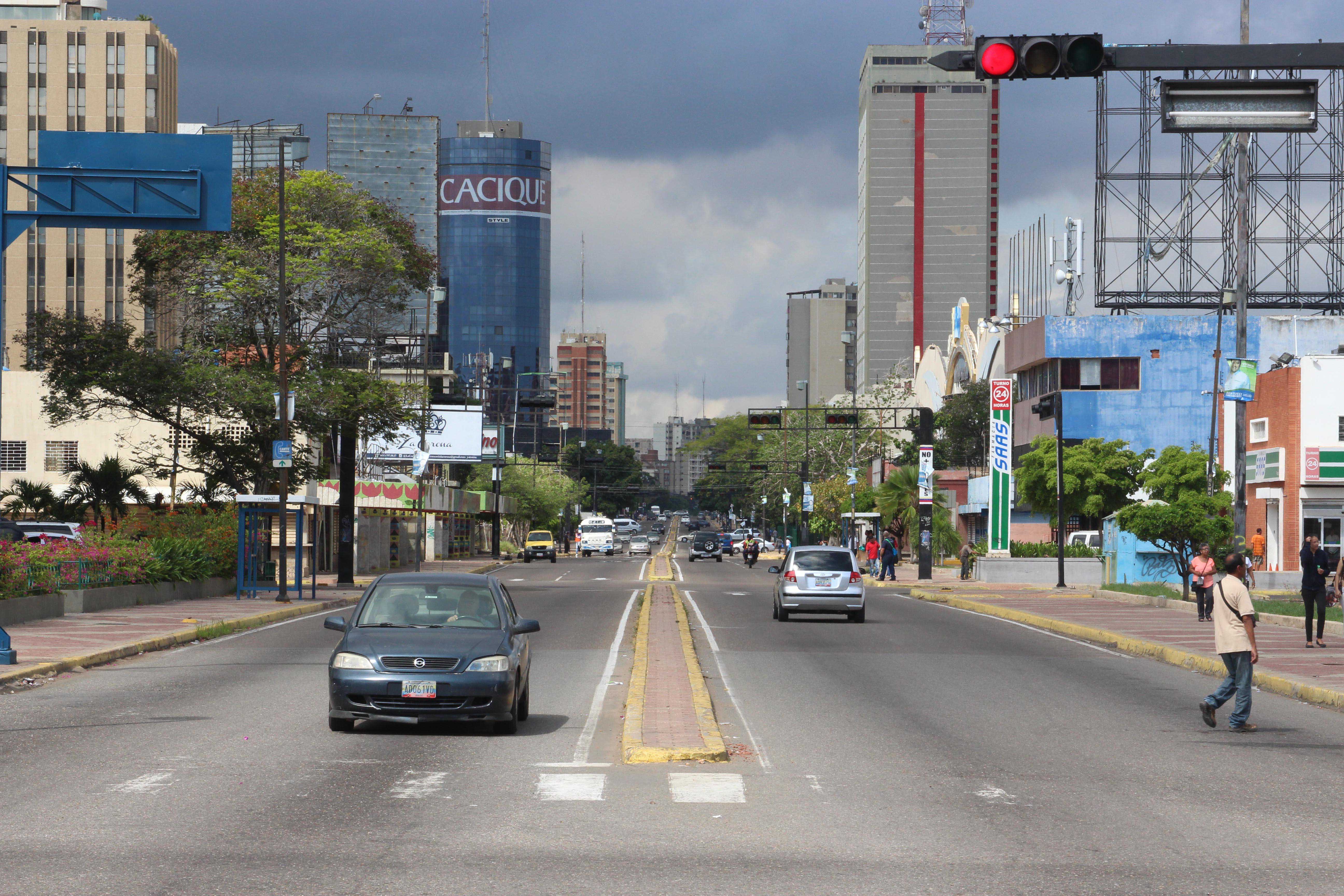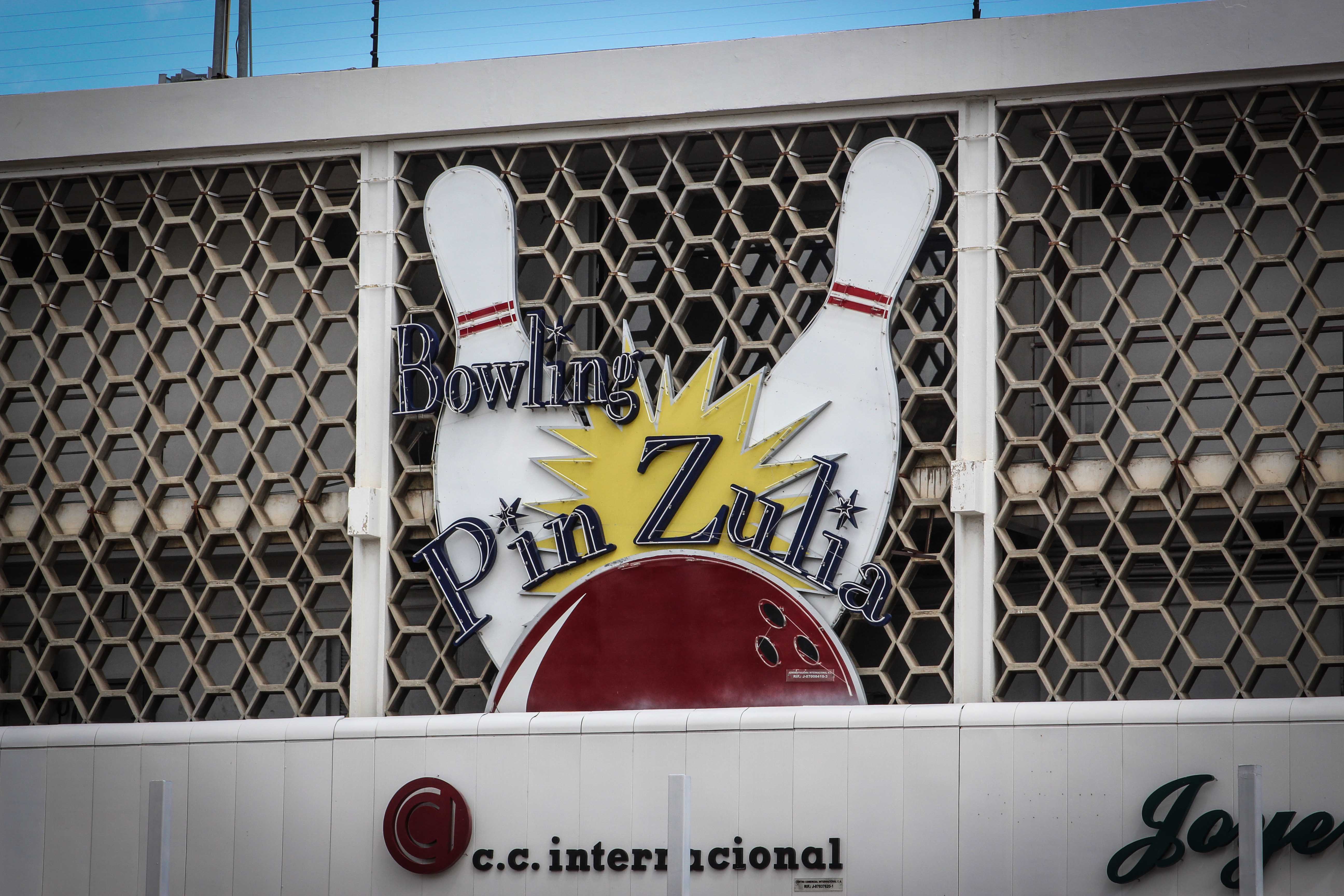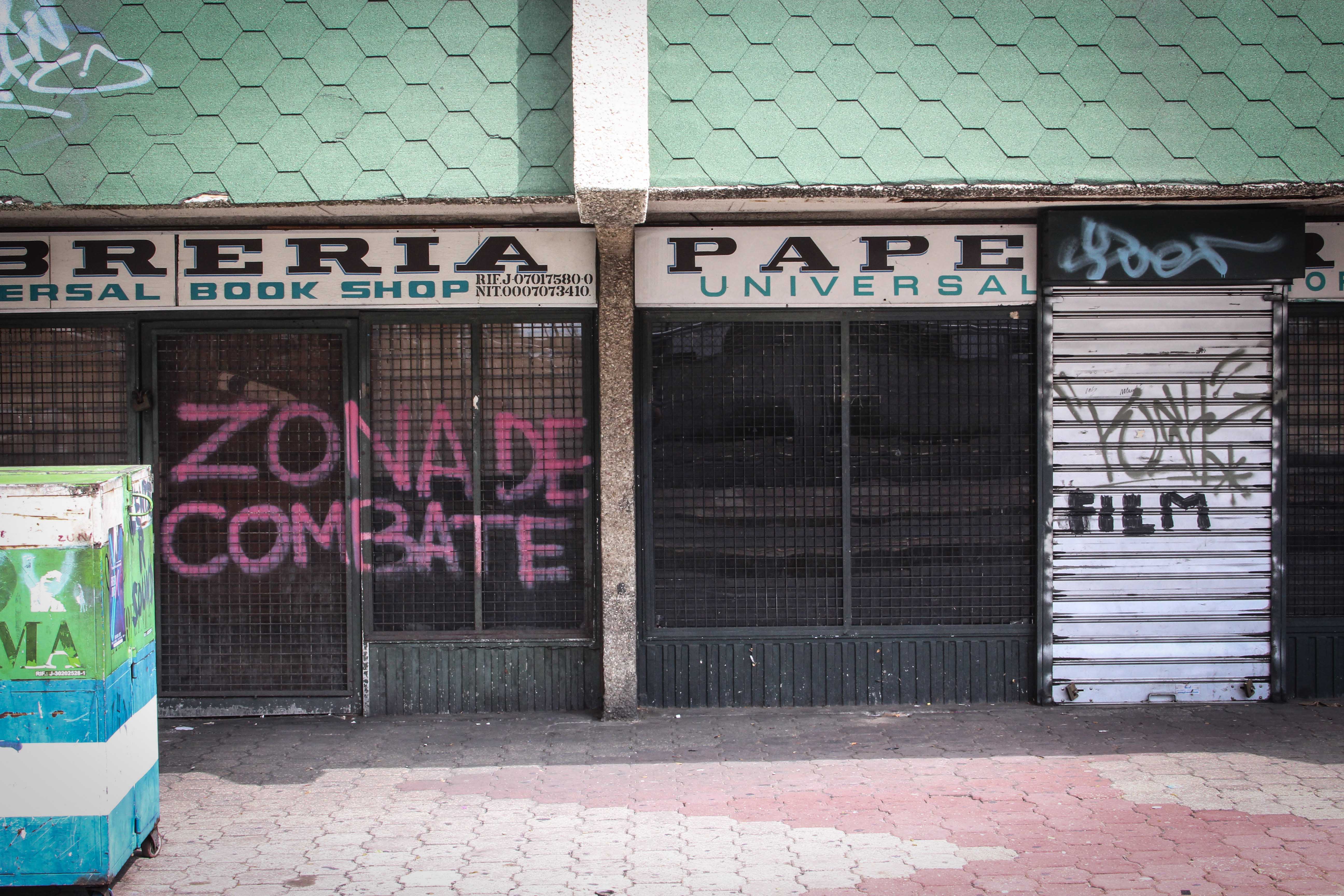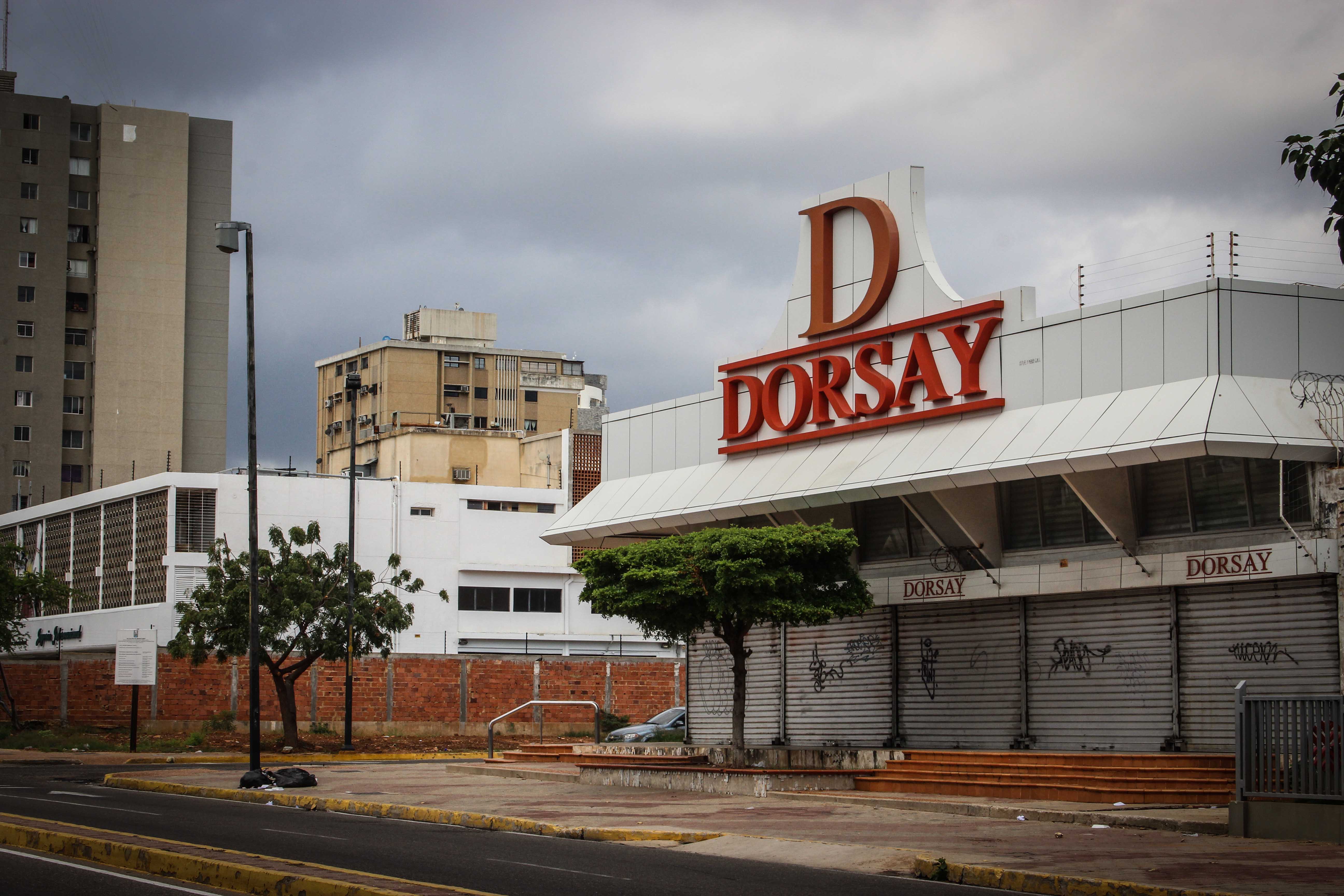5 de Julio of The Walking Dead
Maracaibo’s throbbing comercial heart looks like a post-apocalyptic zombiescape these days.


Every metropolis has an iconic street. Buenos Aires has 9 de Julio Avenue, New York has 5th Avenue, Caracas has La Casanova… and Maracaibo has 77th Street, best known as 5 de Julio Boulevard, a roadway with an illustrious past, formerly the main stage for the “Feria de la Chinita” opening, now looking straight out of The Walking Dead.
Built in 1923 to connect Eastern and Western Maracaibo, the 5 de Julio Bvd. was modernized under Marcos Pérez Jiménez, becoming the city’s most important hub, harboring headquarters of national banks, numerous malls, cafes, bakeries, bars and nightclubs. It was also the street leading to the city’s first airport, Grano de Oro.
But after two decades of revolution, the 5 de Julio has had all the color drained from its cheeks. Iconic sights like the Pin Zulia bowling alley, which opened back when the oil industry first settled in, shut down this year due to exorbitant maintenance costs. Book Shop, a book store in the intersection between the 5 de Julio and Bella Vista Avenue, where people could find a variety of international newspapers (as well as national publications), was forced out of business after the monetary reconversion of August 20, unable to pay their employees or acquiring foreign currency to keep international subscriptions.
Along 77th Street, many stores continue to exhibit their signage, but it’s been a while since they opened: people just assume they’re gone for good. One of these places is the Altamira shoe store, with four decades of history, closed for a few years now.
In the intersection of the 5 de Julio with 12th Avenue, Dorsay, a clothing store for men and children, remains closed and covered in graffiti.
Some regional governments made a few attempts to restore the 5 de Julio’s past glory, with a Las Vegas-style casino, but the 2008 resolution prohibited these venues in the territory. Meanwhile, smaller places like El Almendro and the 5 de Julio restaurants refuse to yield.
“This is what socialism brings,” are the words you hear when people notice you’re a reporter. Desperate and defeated, they start half-hearted conversations under the scorching sun, while waiting for buses and shuttles, scarcer by the day.
Maracuchos yearn for this Boulevard, once a symbol of the modern, post-oil boom Maracaibo. Today, it’s more akin to old Havana: a few buildings stand as memories of better times, while others crumble in disrepair. When night falls, 77th Street becomes the ghostly abode of whores, beggars and gangsters, prowling in the dark for anyone walking a boulevard of lost hope.
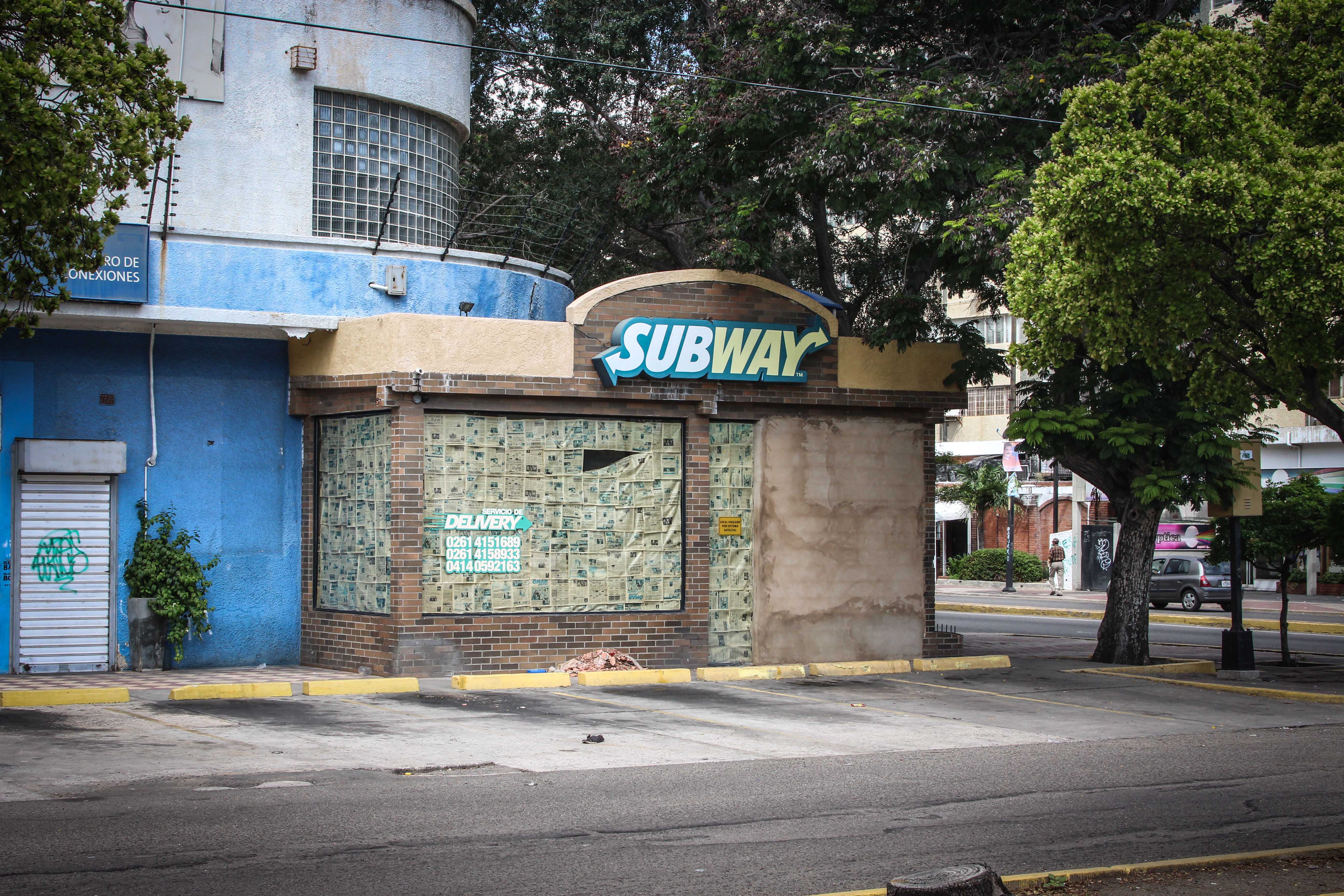
Subway in La República Square. Closed for some time.
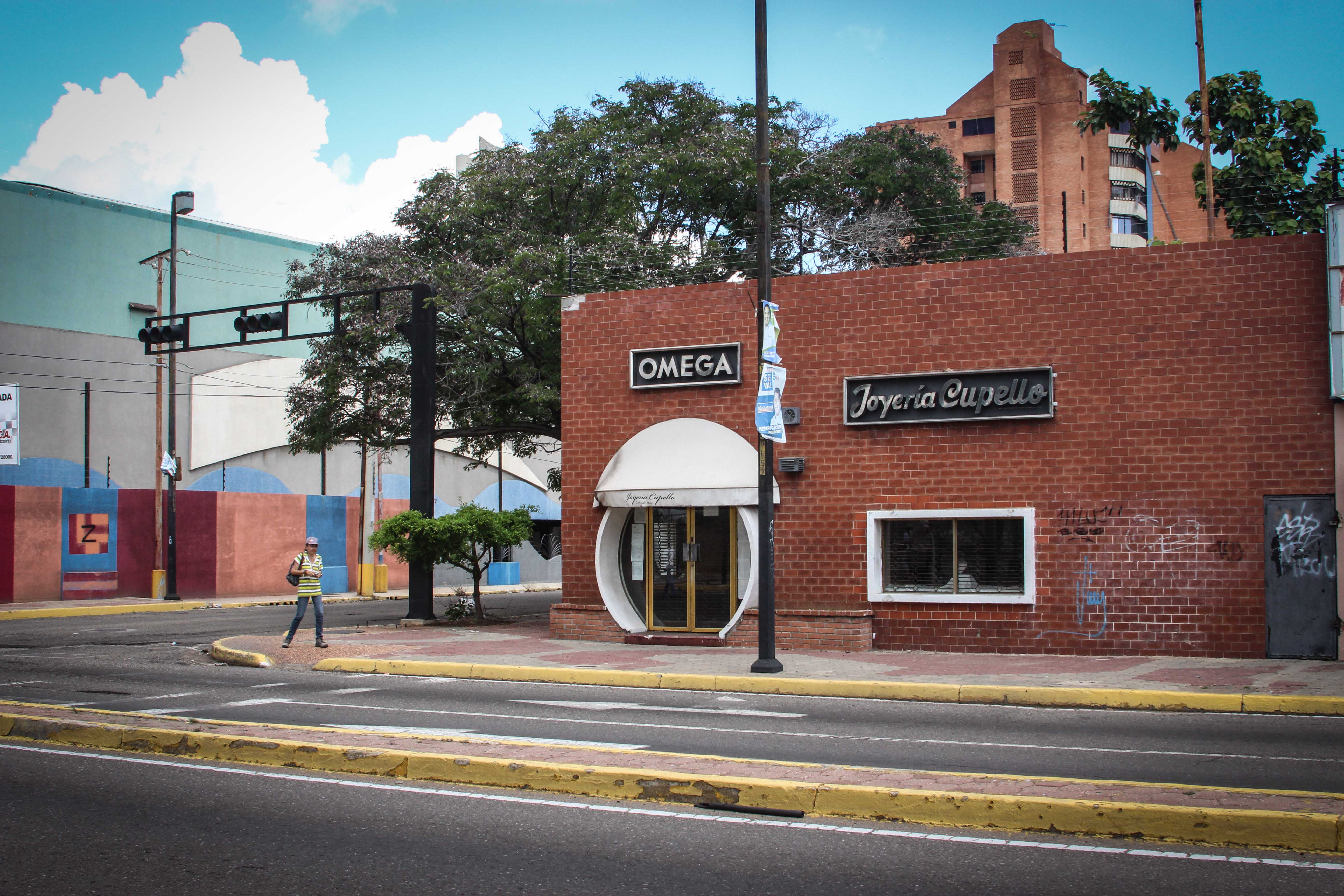
Joyería Cupello, an old business formerly located in the Baralt Square, downtown Maracaibo. Now, only the store in the Costa Verde mall remains.
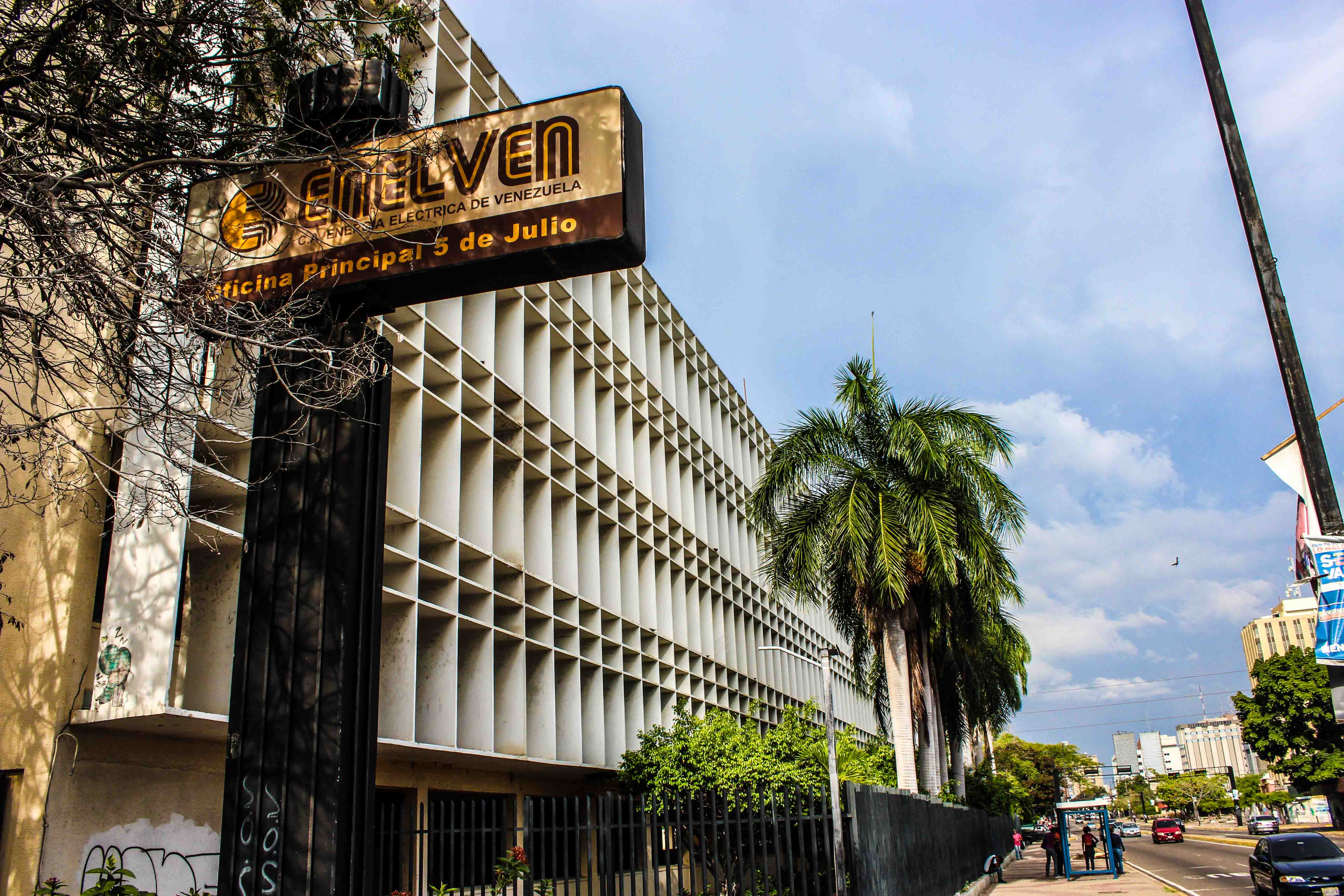
Headquarters of Enelven, the local electric company that was absorbed into Corpoelec. The building is currently abandoned.
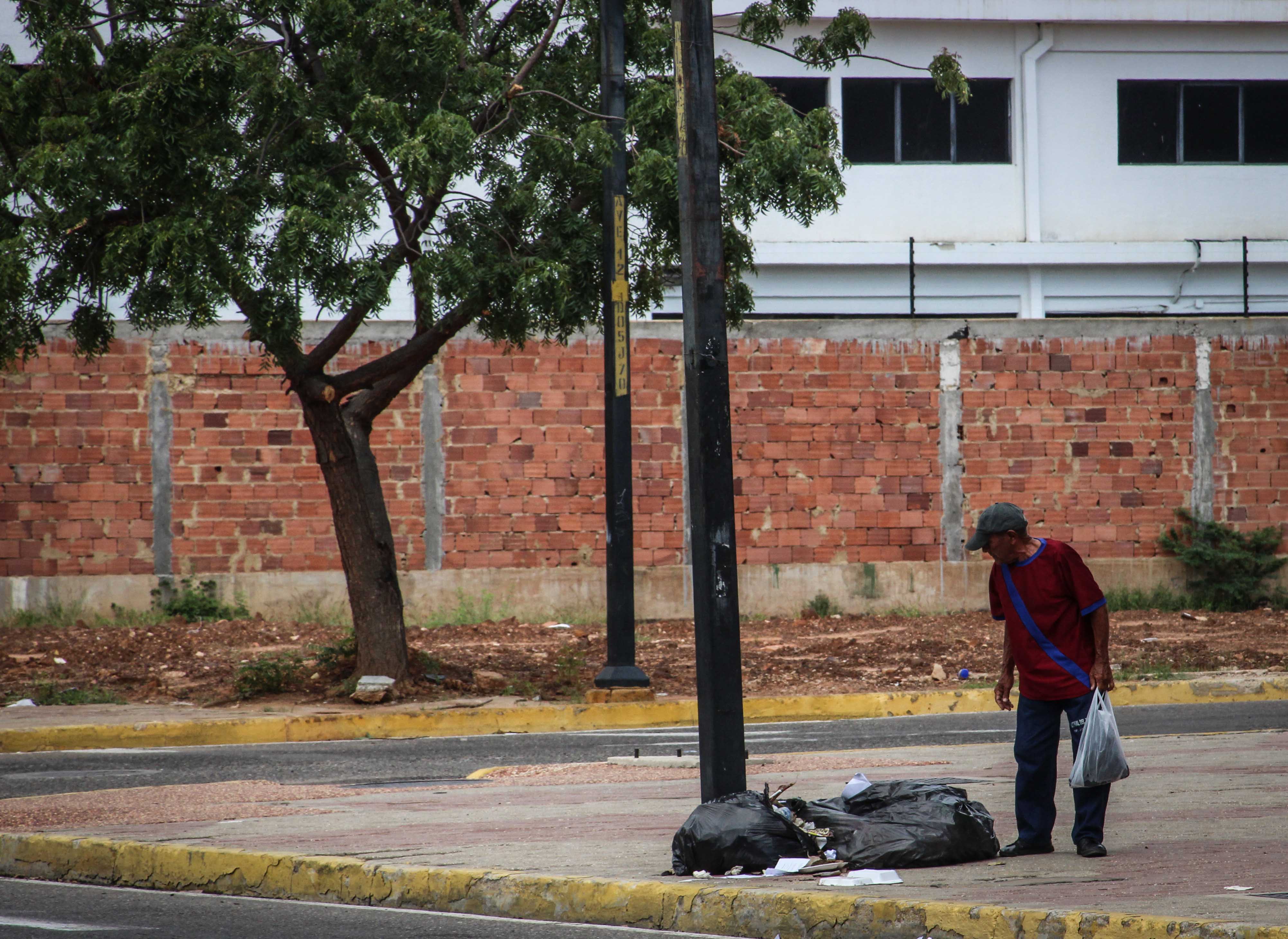
Garbage abounds in every corner. People scavenge for food or items they might trade.
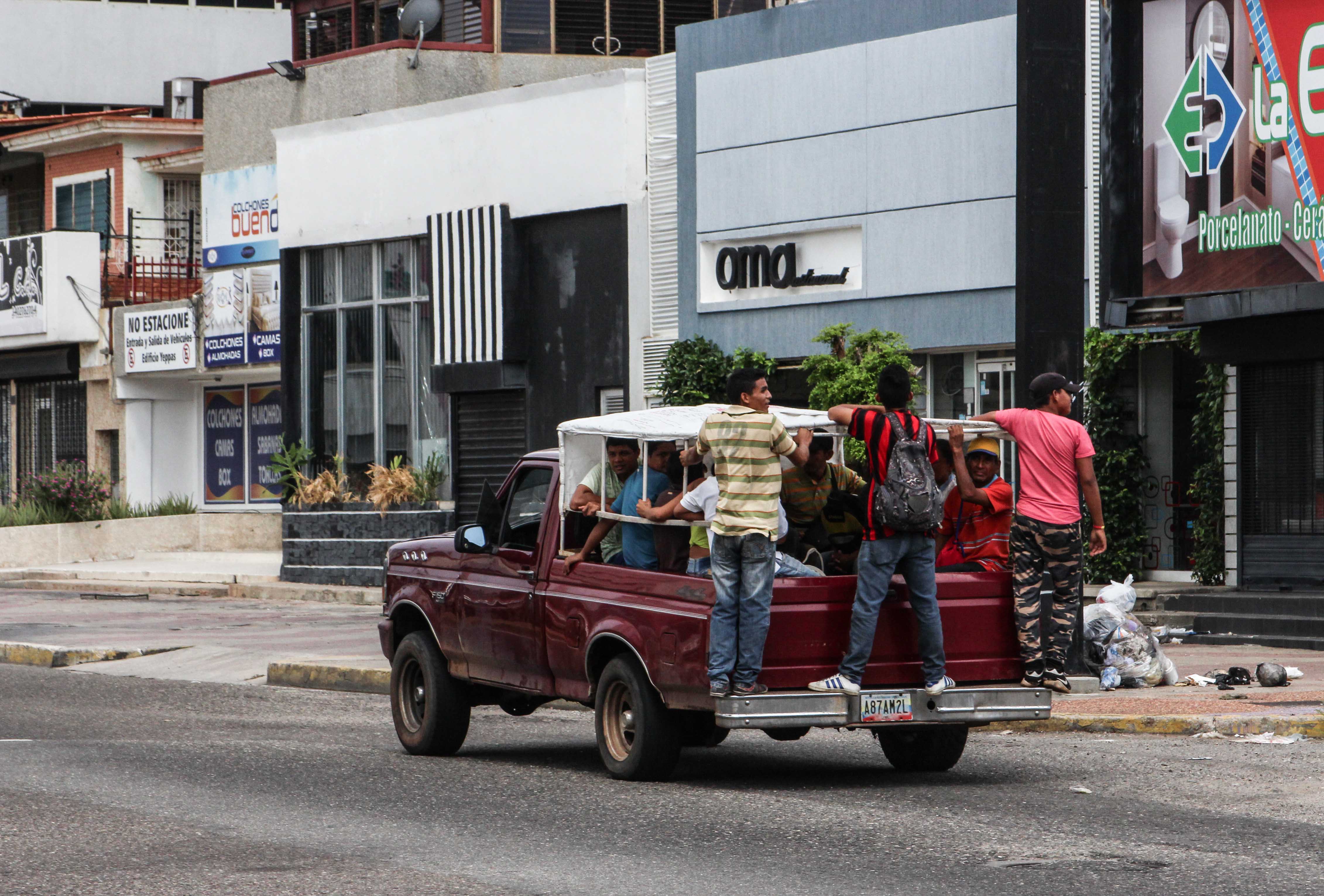
Improvised transport like this can be seen picking up passengers, in the absence of buses.
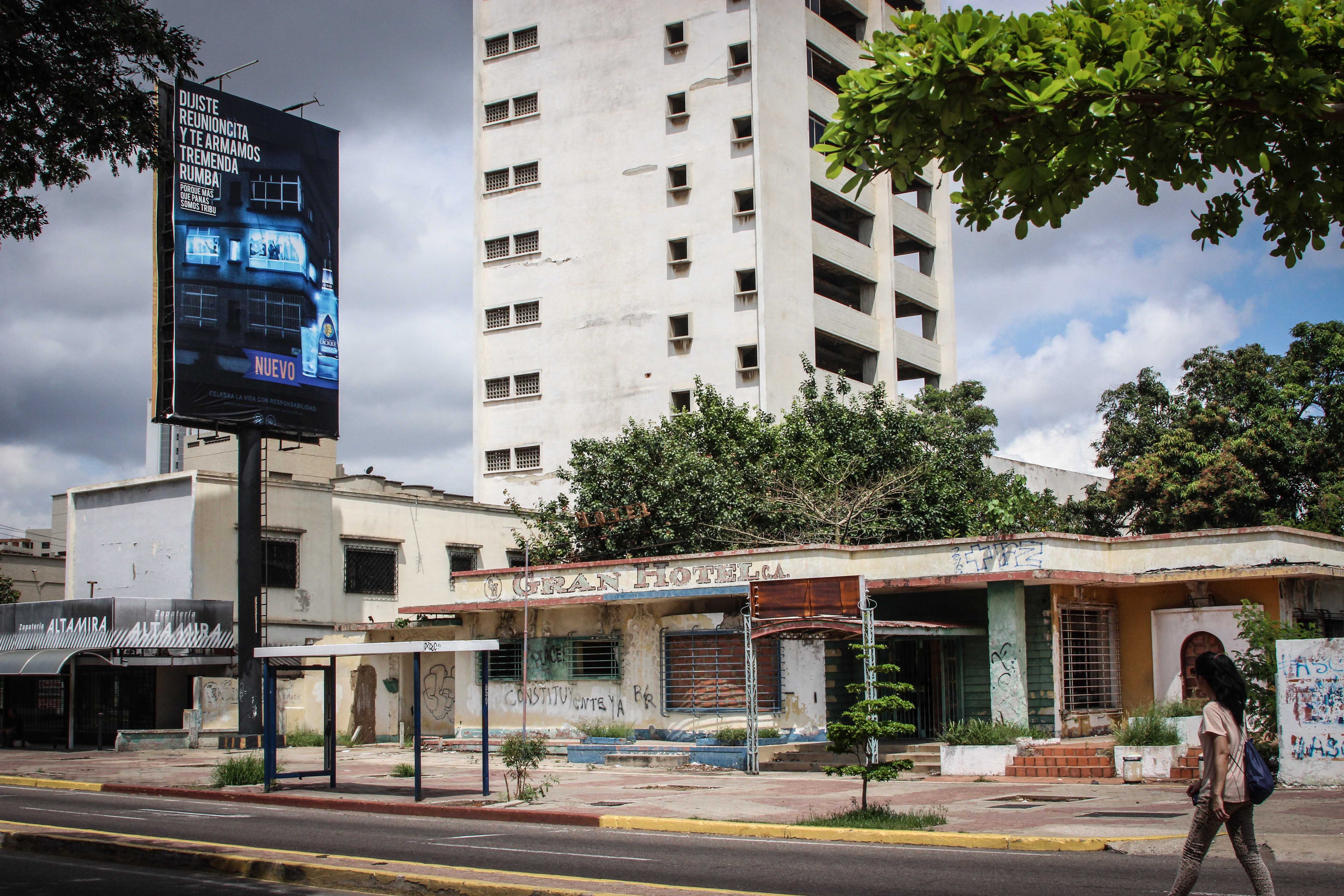
The “Gran Hotel” ruins. It used to offer cheap accommodations for tourists before turning into a motel, finally shutting down.
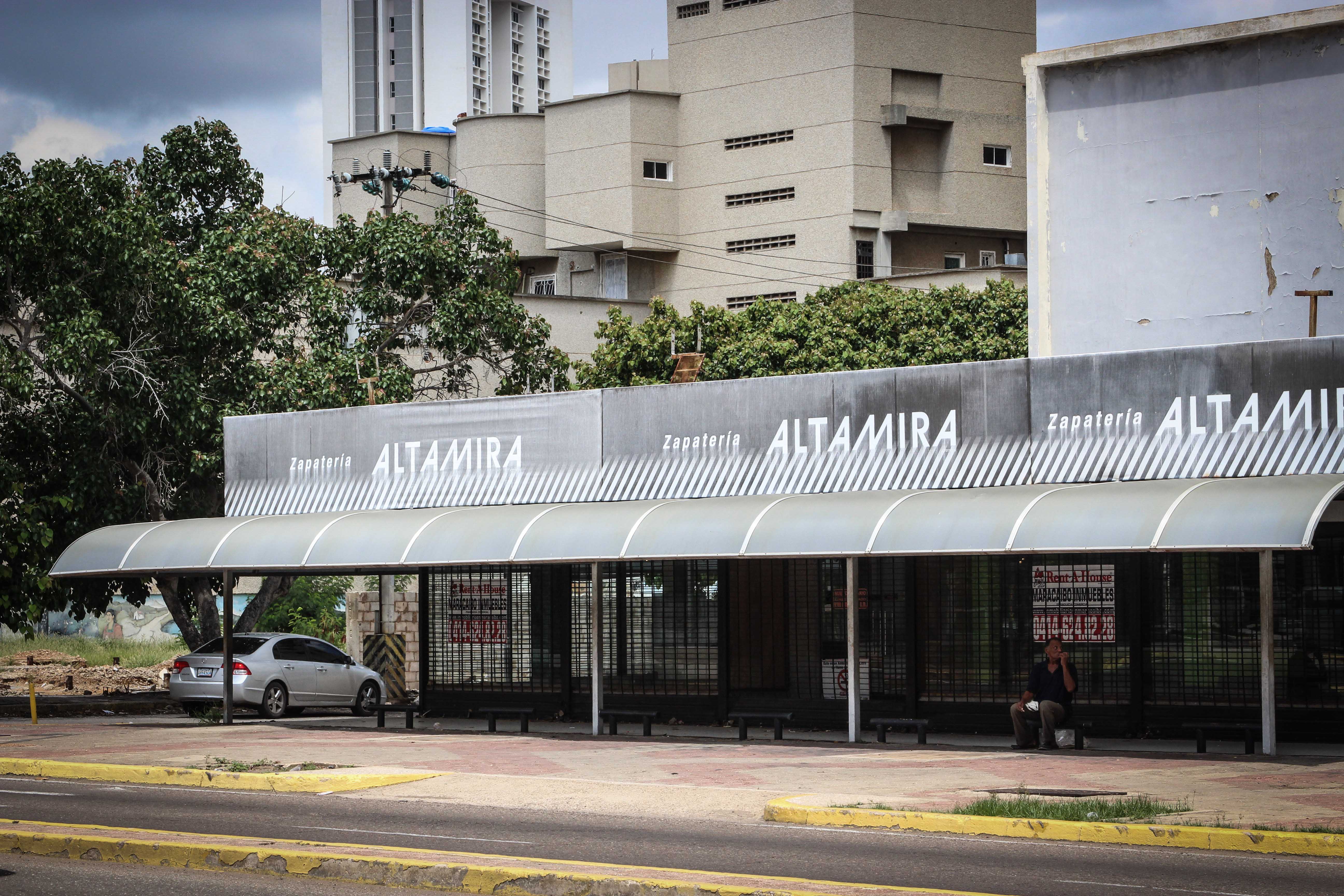
“Altamira” shoe shop. Once the most iconic in a franchise with a 40-year history. The place isn’t for rent and remains closed.
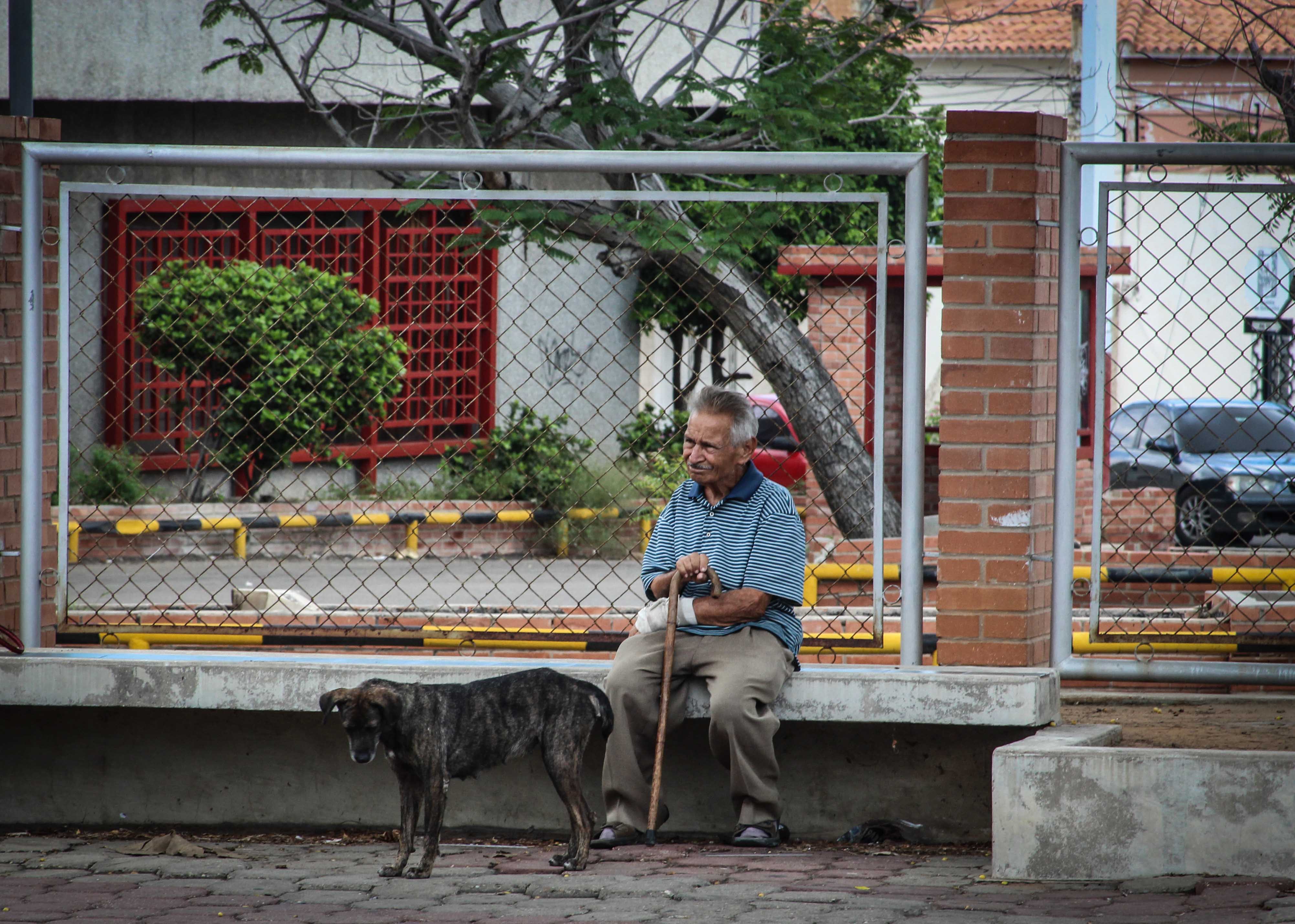
77th Street has offices for most of the banks in the city within a relatively short distance. It’s common to see senior citizens standing in line here, or sitting alone in benches, waiting for their pensions.
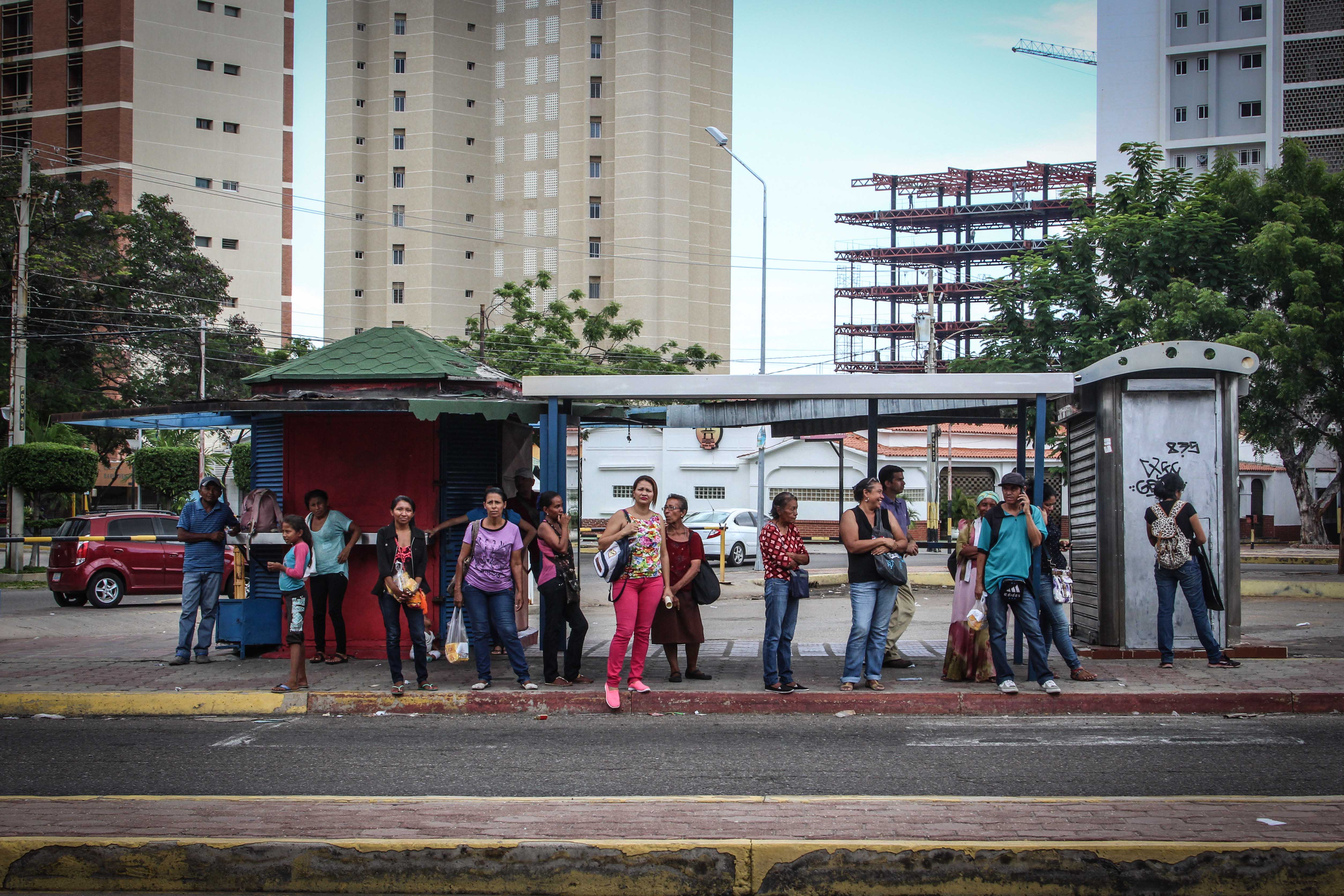
The few bus stops on 77th Street are always filled with people waiting for scarce transport.
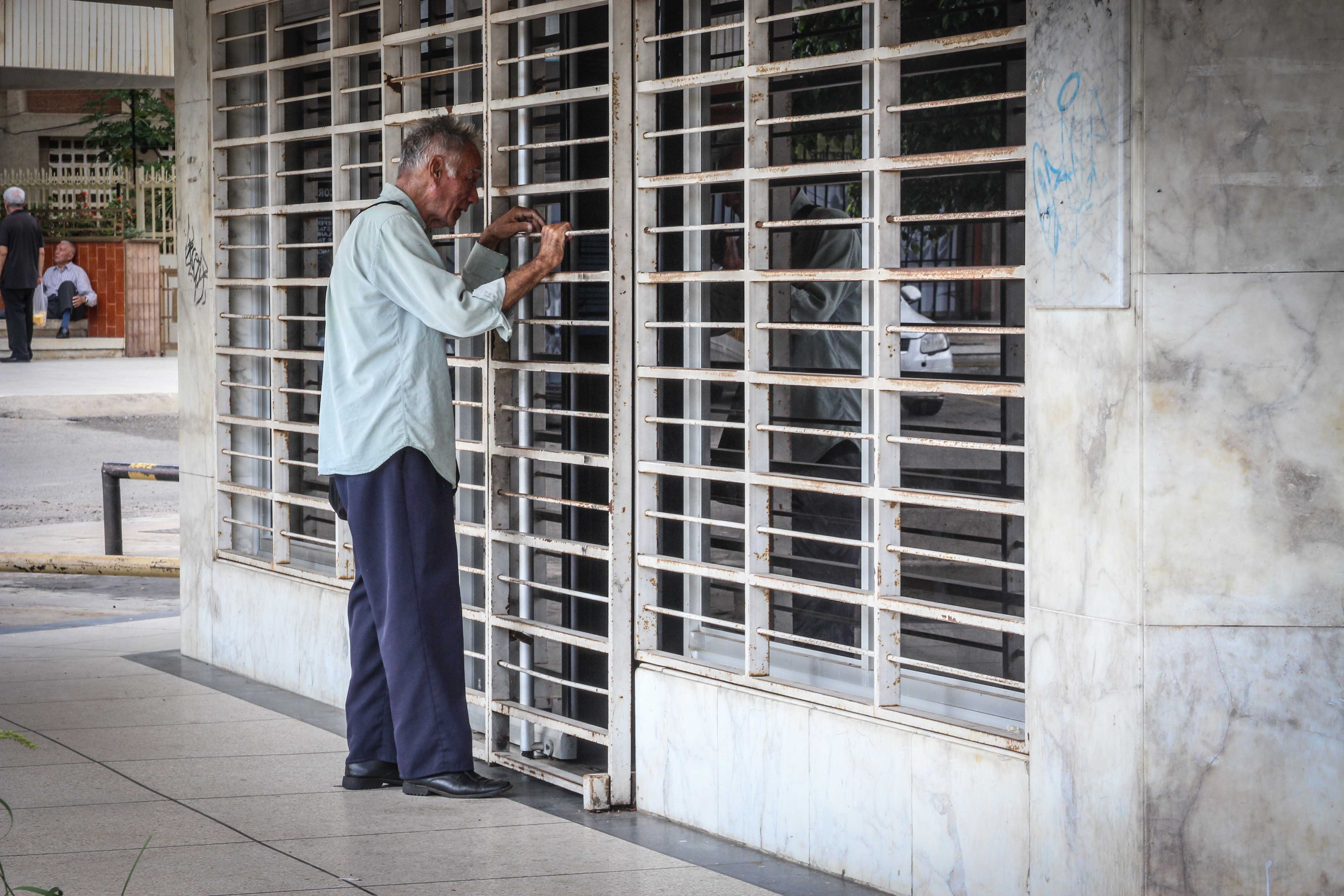
A dizzy old man before the gates of the Labor Ministry.
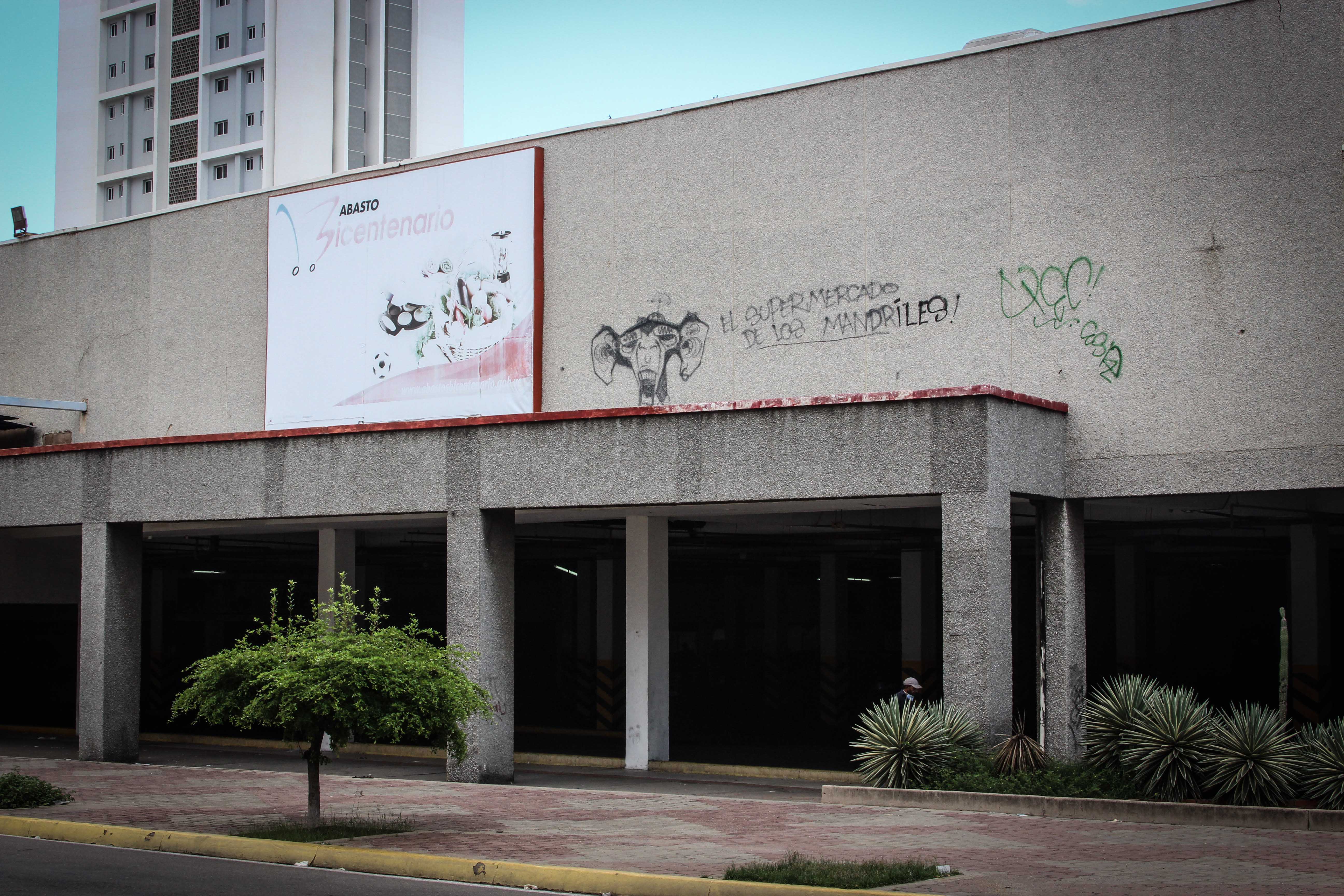
Over 30 years ago, this building used to house Sears, then became a Maxy’s and later a Super Maxy’s. It was a Cada before the regime expropriated the franchise and turned it into “Abastos Bicentenario.”
Caracas Chronicles is 100% reader-supported.
We’ve been able to hang on for 22 years in one of the craziest media landscapes in the world. We’ve seen different media outlets in Venezuela (and abroad) closing shop, something we’re looking to avoid at all costs. Your collaboration goes a long way in helping us weather the storm.
Donate


